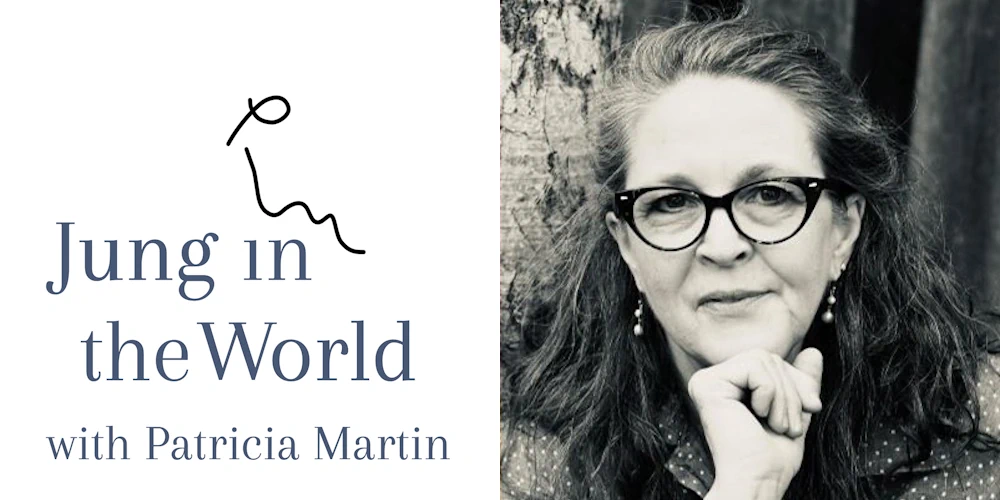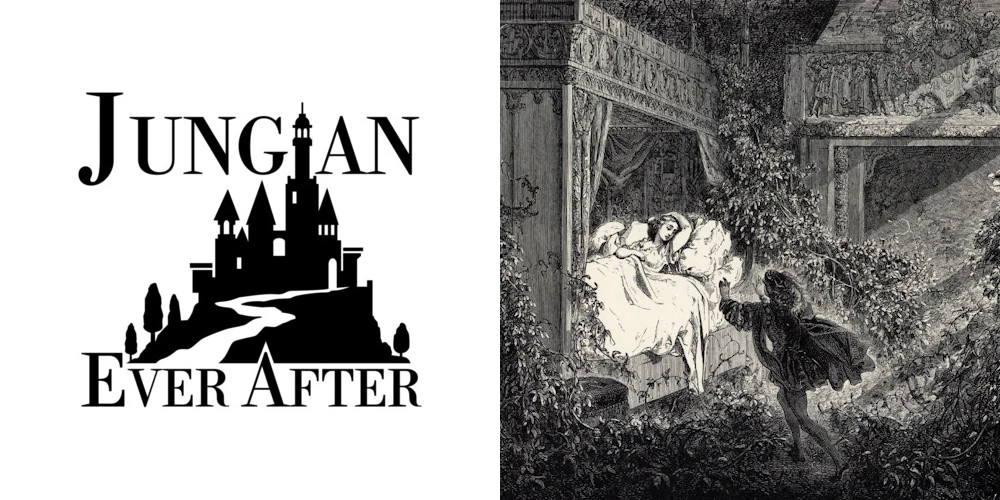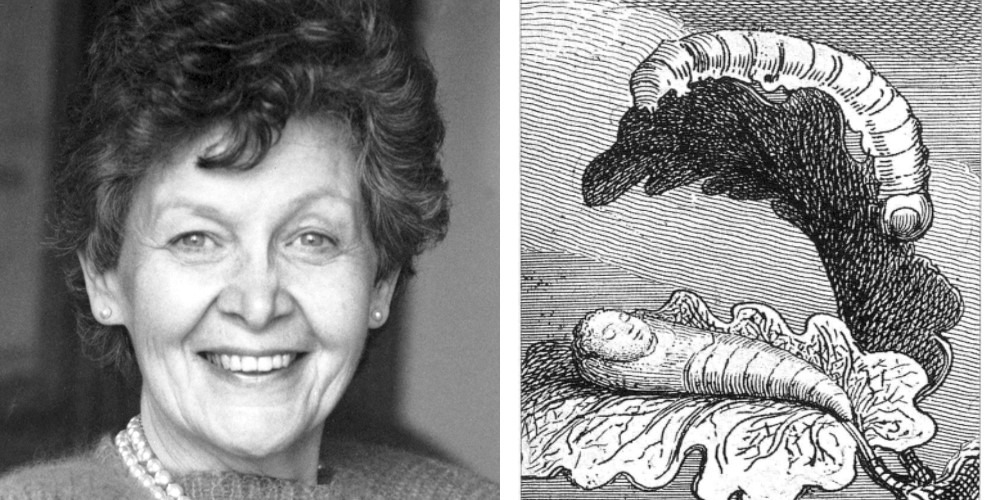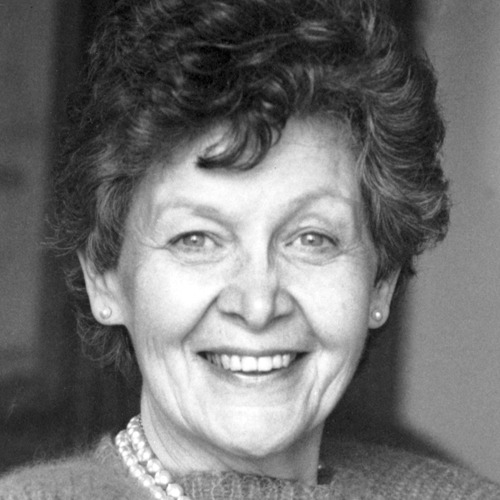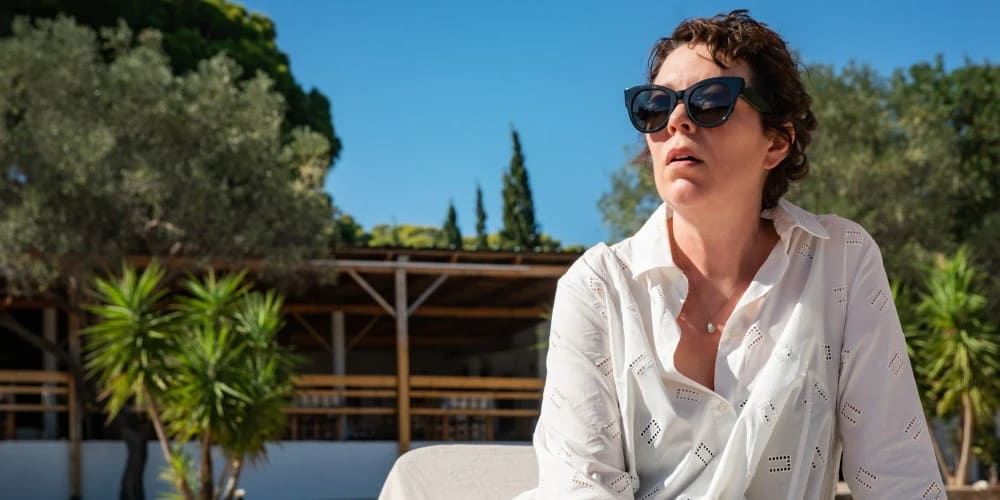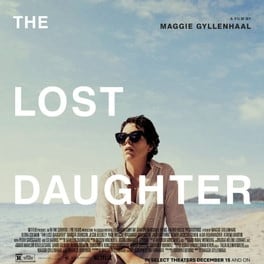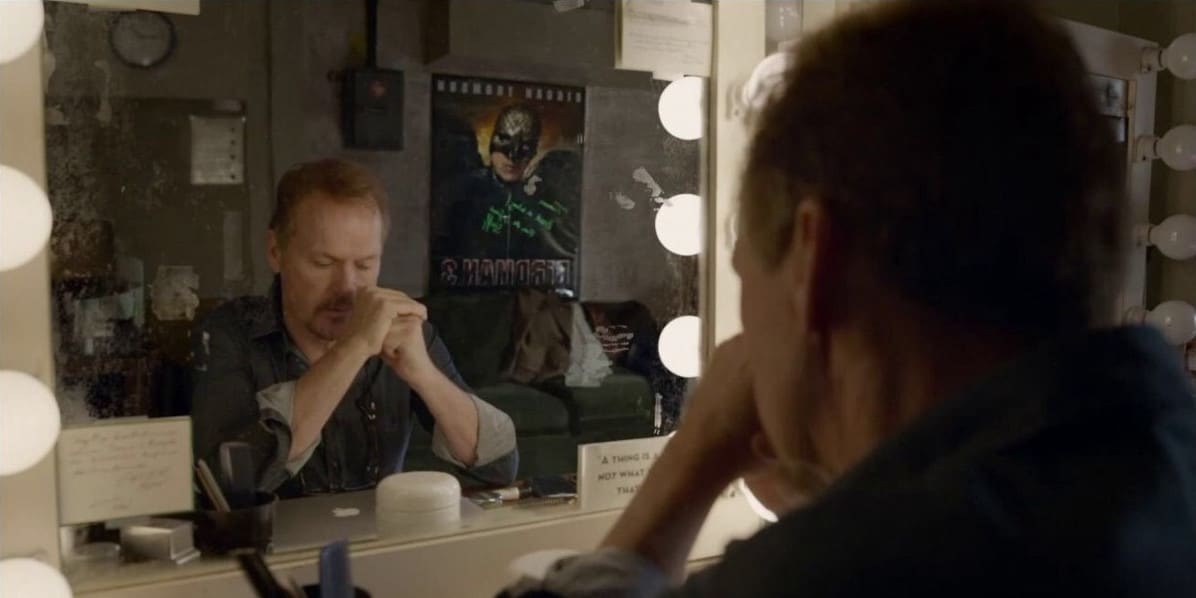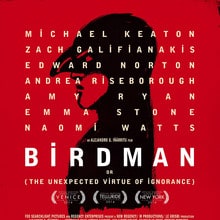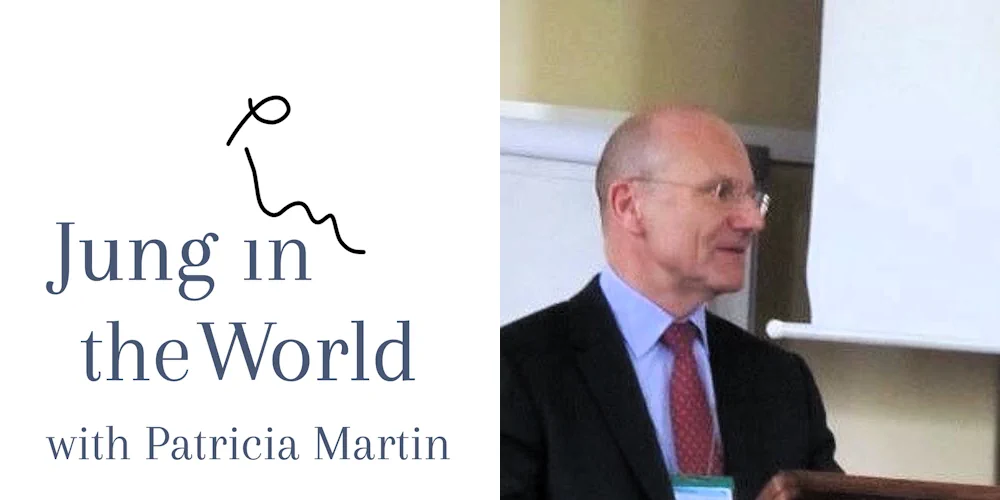
Jung in the World | Approaching Carl Jung’s Red Book: Liber Novus with George Bright
Podcast: Play in new window | Download (18.7MB)
Jung regarded his Red Book: Liber Novus as the record of “the numinous beginning, which contained everything.” In his lifetime, Jung only showed this book to a handful of trusted colleagues whom he thought truly grasped the nature of the book’s vivid confrontations with the unconscious. Its publication in 2009, and translation into many languages, now gives us all the opportunity to engage with it. In conversation with Patricia Martin, the internationally respected Jungian scholar George Bright discusses how and why Jung wrote and painted his Red Book, and draws out key themes that help us understand Jung’s encounter with his soul as chronicled in the Red Book. Bright suggests why reading the enigmatic work may be worth the effort in service of our own transformation.
(more…)

